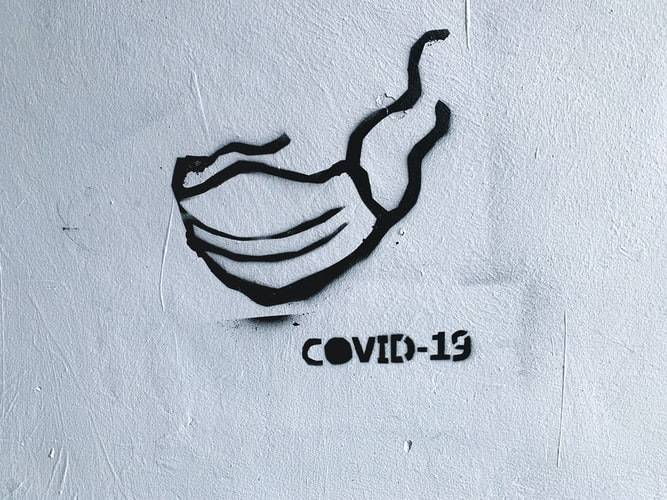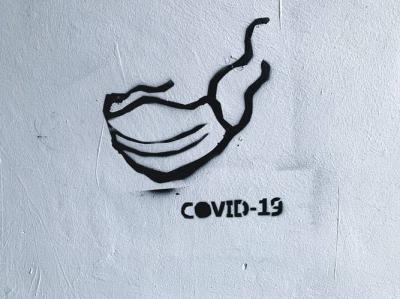Under the title "Studies Reveal 'Super Immunity' in Some Individuals Against COVID-19," the Al-Hurra website reported that a series of studies over the past few months have found that some individuals have an exceptionally strong immune response to the novel coronavirus, producing very high levels of antibodies, according to National Public Radio (NPR).
The report mentioned several scientific studies indicating that some people's bodies can produce antibodies with significant flexibility, which may be capable of combating circulating variants of the coronavirus worldwide, and they are also likely effective against variants that may emerge in the future. Some scientists refer to these cases as "super immunity" or "bulletproof immunity," while immunologist Shane Crotty prefers to describe it as "hybrid immunity."
Crotty commented in the journal Science last June, stating, "In general, it seems that hybrid immunity against SARS-CoV-2, the scientific name for the novel coronavirus, is impressively effective." Virologist Paul Bieniasz from Rockefeller University, who has contributed to several studies, agrees, saying, "One can reasonably predict that these individuals will be completely protected against most, if not all, SARS-CoV-2 variants we are likely to see in the foreseeable future."
In a study published online last month, Bieniasz and colleagues found antibodies in some individuals that could neutralize the six concerning virus variants tested, including Delta and Beta. Bieniasz believes that these individuals "have a certain level of protection against SARS-like viruses that humans have not yet been exposed to."
According to the studies, this "hybrid immunity" has emerged in some people who contracted COVID-19 in 2020 and were subsequently vaccinated with mRNA-based vaccines, like Pfizer and Moderna, this year. Virologist Theodora Hatziioannou from Rockefeller University, who also helped lead several studies, stated, "These individuals have remarkable responses to the vaccine. I believe they are in the best position to fight the virus."
The antibodies present in the blood of these individuals can even neutralize SARS-CoV-1, the first coronavirus that emerged 20 years ago, which is significantly different from SARS-CoV-2. She explained to the American site that "these antibodies were able to neutralize a virus engineered to be highly resistant to neutralization, containing 20 mutations known to prevent antibodies against the novel coronavirus from binding."
Hatziioannou noted that "the antibodies from individuals who were vaccinated only or who previously contracted COVID-19 were essentially ineffective against this engineered virus, but the antibodies in individuals with 'hybrid immunity' were able to neutralize it."
Hatziioannou and her colleagues monitored this type of immunity in 14 patients, stating, "We have only studied this phenomenon in a few patients because the research is extremely challenging and difficult to conduct." However, many other studies support this hypothesis, endorsing the idea that exposure to the coronavirus and mRNA vaccines leads to an exceptionally strong immune response.
In one study published last month in the New England Journal of Medicine, scientists analyzed the antibodies produced by individuals who contracted the original SARS virus (SARS-CoV-1) in 2002 and 2003 and subsequently received an mRNA vaccine. It was striking that these individuals also produced high levels of antibodies capable of neutralizing a wide range of variants and SARS-like viruses.
However, these studies do not answer questions about the effect of vaccination on those with super or hybrid immunity, or whether an individual receiving a booster shot might produce antibodies capable of dealing with future variants of the virus. While Hatziioannou indicated that she does not have answers to these two questions, she stated, "I am absolutely sure that the booster shot will help a person's antibodies to evolve further, and perhaps gain even more flexibility."




